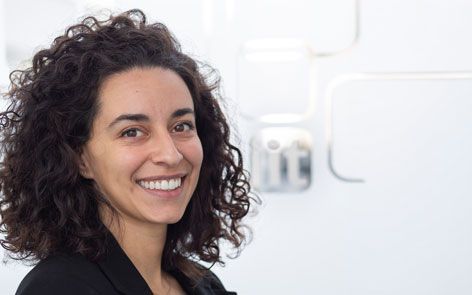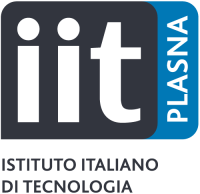Brain organoids untanglement with SERS
The project
Neuropsychiatric and neurological disorders are characterised by complex symptoms and are difficult to classify and study due to a lack of reliable biological models. The EU-funded BRAINtSERS project aims to test the accuracy of protocols involving current brain organoids to represent an in vitro model of the brain and to further promote their technological development thorough the use of human stem cells. Researchers plan to characterise these brain organoids during all developmental stages and identify key biomolecules. Long-term, the BRAINtSERS in vitro system will have the potential to be applied in basic research but also for pharmaceutical testing, addressing a medical issue of great social and economic importance.
Objective
Neuropsychiatric disorders and neurological diseases have a devastating impact on patients’ lives and represent a heavy social and economic load for global societies. Despite the great social and economic importance, the complex symptomatology together with the lack of objective analysis methodology and the limitation of current biological models have made disorders difficult to classify and study. The recent development of brain organoids derived from human stem cells have enormous potential as a physiologically accurate downscaled in vitro model of the human brain. Even though this system offers promising approach for investigating the phenotypic foundation of these complex disorders, the lack of a reliable and non-disruptive system for investigating their properties limits their applicability in both basic research and pharmaceutical testing. The BRAINtSERS project aims to respond to this need combining advanced brain organoid models together with surface-enhanced Raman spectroscopy (SERS), providing a multidimensional dataset of a developing human neuronal tissue resolved both in time and space.
Giulia graduated in Physics of Advanced Technology at the University of Turin in 2016.
From 2016 she worked in the Plasmon Nanotechnologies group at the Italian Institute of Technology led by Dr. Francesco De Angelis, as PhD fellow. She completed her PhD under the title of Bioengineering and Robotics, curriculum in Bionanotechnology in 2020. Her thesis research focuses on the use of plasmonic nanostructures in life sciences, specifically their integration into neuronal and cardiac electrophysiological devices.
Through the use of advanced nanofabrication techniques she developed and characterized integrated multimodal systems for cellular analysis and stimulation, employing plasmonic structures sensing and stimulation capabilities. These technologies not only designed new systems based on light-matter interaction, but also enhanced the performance of existing ones both in terms of spatiotemporal resolution and cellular signal recording accuracy providing novel experimental strategies for cellular physiology in health and pathological condition.
In 2020-2021 she joined Optoelectronics group, lead by prof. Roman Krahne, studying high-efficiency energy systems. In this period, she also collaborated in a project funded by the Ministry of Foreign Affairs and Cooperation that aims to bring machine learning technologies to research centers in order to accelerate the advent of new technologies.
From 2022 she joined the Laser Biomedical Research Center at MIT as PostDoctoral Fellow holding Marie Skłodowska-Curie Individual Fellowship. The goal of the project is to examine, in an non-invasive manner, cerebral organoids exploiting Surface Enhanced Raman Spectroscopy (SERS).
Publications
G. Bruno, G. Melle, A. Barbaglia, G. Iachetta, M. Dipalo, F. De Angelis, All-optical and label-free stimulation of action potentials in cardiomyocytes by plasmonic porous meta-electrodes, Adv.Sci,2021
G. Bruno, N. Colistra, G. Melle, A. Cerea, A. Hubarevich L. Deleye, F. De Angelis, M. Dipalo, Microfluidic Multielectrode Arrays for Spatially Localized Drug Delivery and Electrical Recordings of Primary Neuronal Cultures, Front Bioeng Biotechnol. 2020.
Awards & fellowships
- SIOF PhD thesis award 2020-2021
- Marie Skłodowska-Curie fellowship, 2020


